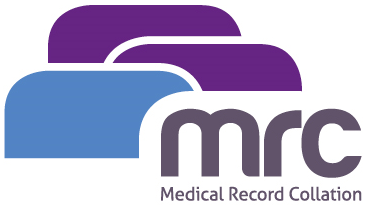This was the title of the presentation I had been asked to deliver at the AvMA Law Practice & Procedure Course in Birmingham yesterday.
My slot was just after lunch and the topic, although tremendously important, could be a little dry, so I started off with a game involving identifying body parts from medical terminology to energise everyone!
My talk was primarily about medical records and in particular the benefits of a properly sorted bundle of records and a properly analysed chronology and summary. The significance of getting this right at the beginning of a clinical negligence case was highlighted as being of paramount importance. Solicitors can choose to do this part of the job themselves or they can instruct someone else, either within their firm or an external provider like us, to carry it out for them. Whichever way they choose it is important that they recognise it is ultimately their responsibility to ensure they have a good understanding of their client’s medical records.
The benefits of using a company like MRC to organise medical records is that we have a highly specialist team of nurses, midwives and other healthcare professionals who are able to deliver the very best service to support clinical negligence solicitors in their work. Our team has many years of clinical experience which proves vital when organising and analysing medical records.
The final part of my presentation covered a little about medical terminology and abbreviations which, for anybody without a background in Medicine, Latin or Ancient Greek, can be extremely difficult!
For this reason I will be writing a bit more on this topic so watch this space! In the meantime please get in touch if you would like a copy of our Glossary which is proving very popular as a handy reference tool for our clients.
